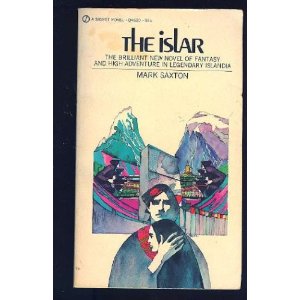What is freedom?
That question is the one that kept coming to mind as I read The Captives (Safe Lands Book 1) by Jill Williamson. It is a YA Dystopian novel and not a genre usually read. (However, I did read and review the wonderful Book Thief by Marcus Zusak last year.) This novel was recommended to me by a blogger and reader I trust and I’m thankful for her recommendation.
The Captives is set in a futuristic Colorado and revolves around a family that lives off the land in a village named Glenrock. The family believes in Christianity and follows its values. However, one of the sons decide he’s had enough of the old ways and beliefs of his family and is determined to make a name for himself in Denver City. Denver City is a modern utopia and has everything one wants especially for a teenager.
The son devises a plan to get his family to leave Glenrock and join him in Denver City. However, the plan doesn’t go as expected and there are some disastrous results because of his choice.
While in Denver City, the family learns how the people of the city lives and is in stark contrast to how they lived in Glenrock. Pleasure and Entertainment is the main lifestyle for people of the city. Women are used as baby factories for the state and being in a committed relationship or marriage is considered outdated by the citizens. The city decides on where you will work or what career path you must take and there is a harsh punishment for those who try to buck the system.
However, the eldest son of the family was not around when the rest of his kinfolk were taken into Denver City. He decides he must go into the city in order to rescue them. But, he learns quickly that once you come to Denver City it’s not that easy to leave.
Since this is the first book of the series, the author finishes the novel with a few open-ended questions that needs to be answered in the subsequent books of the series. Williamson has written a solid, thought-provoking YA novel that put a smile on this middle-aged reader’s face. This is the one of the best novels I’ve read so far in 2013 and would recommend it for readers 14 and up.






